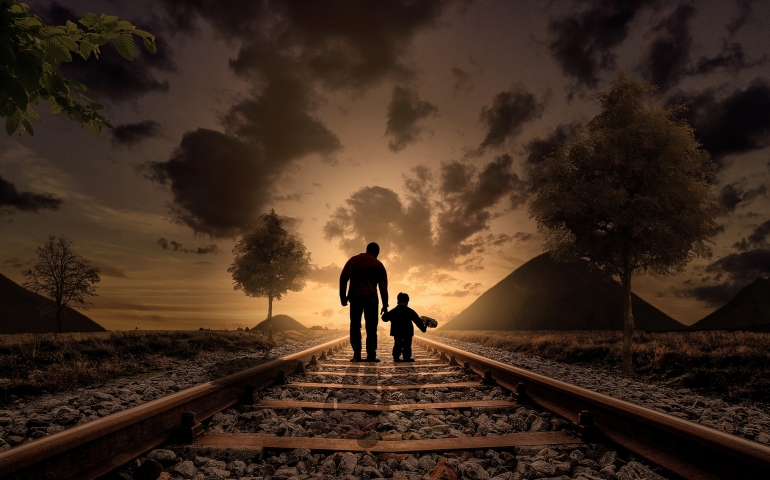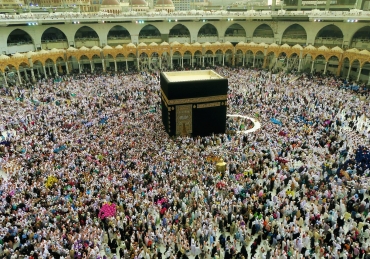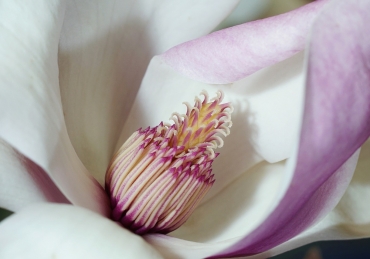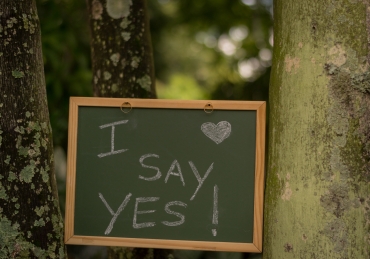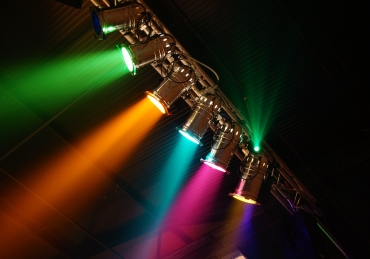Adoption and Hijab
Question
There are many Muslim children who require adoption because of family breakdowns and more recently due to the Syrian refugee crisis. I am aware that Islam does not recognise adopted children as the children of the adopter in terms of establishing a Maḥram relationship, inheritance and so forth. However, my question is in relation to Ḥijāb and interaction between the adopted child and the family once the adopted child grows up. In such a scenario, if there is no relationship via breastfeeding, what is the Islamic position in relation to Ḥijāb? Please bear in mind that many children are already being adopted by those who do not share our faith, and that Ḥijāb is not practical between an adopter and an eleven year old adopted child who may have no other associates. Please also note the imposition of Ḥijāb could have legal consequences with families being barred from adopting such children.
Read the answer below or download PDF from the following link: Adoption and Hijab
بسم الله الرحمن الرحیم
Answer
It is necessary on the community to adopt or foster such children to ensure that their faith is protected and they are given adequate care and looked after. In so far as the rules of Ḥijāb are concerned, if the child has been breastfed by the adopter before the age of two, this will establish the Maḥram relationship. If this is not the case, then the Maḥram relationship will not be established. Thus, once the child approaches the age of maturity, according to Islamic rules care should be taken to avoid any physical contact with the opposite gender or being alone in the house with the opposite gender. The females and males in the house must also dress modestly in front of one another; this includes for the females covering the hair and other body parts. As far as Ḥijāb (covering of the face) is concerned, if the adopted daughter does not conceal her face in front of her male adopter or the female adopter does not conceal her face in front of the adopted son, this will be excused so long as there is no risk of temptation. Additional precaution must be taken with other children of the opposite gender in the household of a similar age. At the same time, if an adopted girl decides to conceal her face from the male adopter, her choice must be respected.
We have reached this conclusion based on necessity and after consulting several scholars and Muslim practitioners. The fatwā (legal edict) of Mawlānā Rashīd Aḥmad Gangohī (d. 1323/1905) in Fatāwā Rashīdiyyah (p. 485)[1] has also been considered in reaching this conclusion. Further, families should regularly consult with local scholars for advice in relation to their particular circumstance and scenario.
Allah knows best
Yusuf Shabbir
15 Jumādā al-Thāniyah 1438 / 14 March 2017
Approved by: Mufti Shabbir Ahmad Sahib and Mufti Muhammad Tahir Sahib
Footnotes
[1] فتاوی رشیدیہ (صفحہ ۴۸۵) میں مندرجہ ذیل استفتاء وجواب ملاحظہ فرمائیں: ’’سوال: اگر حجاب شرعی موجب بدگمانی وشر فساد کے نہ ہوسکے تو اُن اجنبیوں سے جو اُس کے چچا تایا زاد بھائی یا دیور جیٹھ یا بہنوئی ہیں یا بہنوئی یا جیٹھ دیور زاد بھتیجے وعلی ھذا القیاس اور رشتہ دار ہوں تو اُن سے فقط ستر پر کفایت کرنا جائز ہے یا نہیں؟ جواب: حجاب شرعی کا ترک کرنا ہر حال میں موجب گناہ ہے۔شر وفساد کے اندیشہ سے ترک کرنا حجاب کا جائز نہیں ہو سکتا۔ البتہ چہرے کا ڈھکنا اگر بوجہ اندیشۂ شر ترک کردیا جائے بشرطیکہ ترک میں فتنہ نہ ہو تو کچھ حرج نہیں کیونکہ یہ حجاب بوجہ مصلحت وقوع فتنہ ہے ۔اور وہ اعضاء جن کا ستر واجب ہے اُن کا کھولنا کسی حال میں جائز نہیں۔فقط اللہ تعالی اعلم‘‘۔

